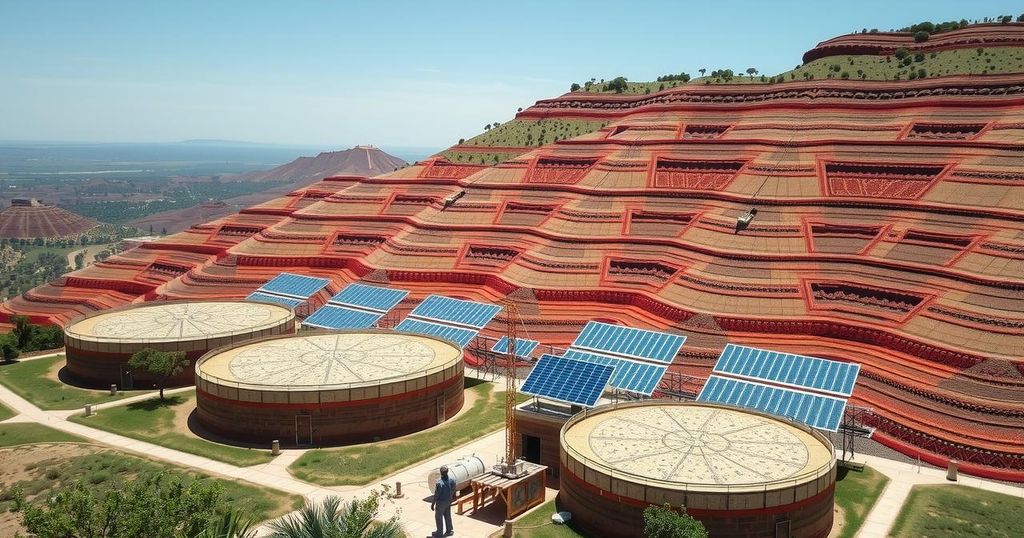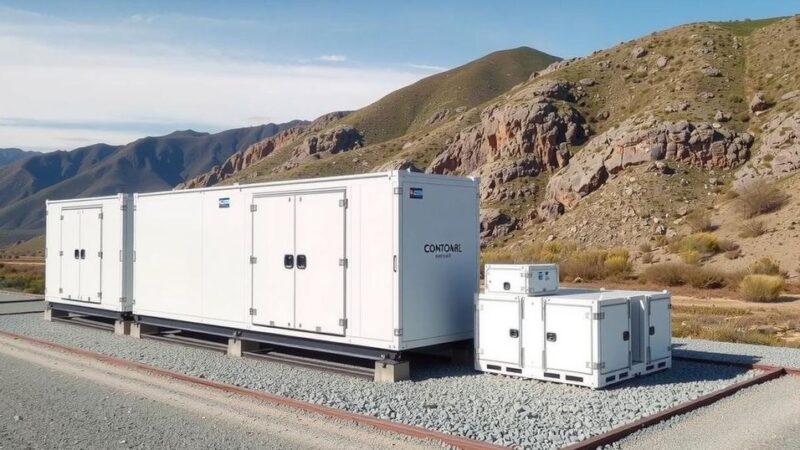BIT Mining has expanded its operations into Ethiopia, leveraging the country’s low electricity costs to recycle its bitcoin mining rigs. The acquisition includes 51 megawatts and 18,000 mining rigs, which will extend the operational lifespan of older models. Despite facing challenges due to political unrest, BIT Mining remains committed to investing in the country’s potential for both bitcoin mining and additional technological projects.
BIT Mining has strategically expanded its operations into Ethiopia, capitalizing on the country’s remarkably low energy costs to extend the lifespan of its bitcoin mining equipment. Having acquired 51 megawatts and nearly 18,000 mining rigs, BIT Mining benefits from electricity expenses that are significantly lower than those in the United States, allowing for the effective reutilization of older generation machines that would otherwise be rendered obsolete.
Ethiopia, representing 1.5% of Bitcoin’s global hashrate, offers a unique landscape for mining due to its similarity in electric standards to China and its abundant hydroelectric resources. Despite political unrest and challenges arising from a recent civil conflict, BIT Mining’s management has assured stakeholders of their in-depth research into the stability of the region before their investment.
The company operates primarily by hosting mining rigs on behalf of various clients, which necessitates a careful strategy regarding equipment deployment. By placing newer, more advanced mining rigs in the United States, BIT Mining sends older equipment to Ethiopia, creating a feedback loop that fosters higher returns on investment and attracts additional capital into their operations.
BIT Mining’s chief economist, Dr. Youwei Yang, emphasized the financial advantages, stating, “The price of electricity is maybe 70% higher in Ohio than in Ethiopia.” This difference allows the company to maximize the longevity of its rigs, extending their operational viability by potentially two years or more in the Ethiopian market. Furthermore, the firm is actively exploring additional investments in data centers and AI initiatives, motivated by the operational affordability and talent found in Ethiopia.
Ethiopia is the second most populous country in Africa, with over 120 million inhabitants, and has an economy comparable to nations such as Ukraine and Morocco, boasting a GDP of $163 billion. Despite facing political instability and internal conflict, the country has attracted foreign investments, particularly in energy infrastructure, which has facilitated the establishment of a conducive environment for bitcoin mining operations. The presence of abundant hydroelectric power, enriched by significant Chinese investments, further underscores the viability of BIT Mining’s operations in Ethiopia.
In conclusion, BIT Mining’s expansion into Ethiopia illustrates a calculated response to the prevailing economic conditions and energy landscape, allowing the firm to preserve the functionality of its bitcoin mining equipment amid a competitive industry. By leveraging Ethiopia’s low electricity costs, BIT Mining can extend the operational lifespan of its mining rigs and create a lucrative venture despite the region’s socio-political challenges. The firm’s focus on nurturing local operations and exploring additional technological initiatives promises further avenues for growth in Ethiopia’s burgeoning market.
Original Source: www.coindesk.com







